In a shocking statement, US Secretary of State Marco Rubio affirmed that the US will "actively revoke visas" for international students with "ties to the Chinese Communist Party" or studying in "sensitive fields".
The announcement came as the State Department ordered embassies to pause new visa scheduling and expand social media screening, a move many experts called “emotional and arbitrary.” Students from Asia, who account for more than 70% of international students in the US, are expected to be hardest hit.
An atmosphere of fear prevailed.
In the 2023-2024 school year, China will have about 277,000 students studying in the US; India will have 331,000 students, followed by South Korea with 43,000; Vietnam with 22,000 students and tens of thousands of students from places like Taiwan (China), Indonesia, Japan. Their dreams of studying at prestigious universities are now in danger of being shattered.
In Beijing, a career counselor recalled: "That morning, students poured into my office and asked, 'Teacher, is that really the end?'" Many had paid to reserve their seats but had not yet applied for visas. Counseling centers in Taipei and Jakarta have also reported increased concerns about visa rejections, possibly because of an old social media post.
In India, Devraj, 26, despite receiving an 85% scholarship for his master's degree at Columbia University, is still hesitant to pay the $1,000 deposit for fear of not being able to get his visa on time. "I don't know if I should continue or not. If things continue like this, I'll probably choose Europe," he said.
The dreams of many families are broken.
For many Asian families, sending their children to study in the US is the result of a long process of financial accumulation and educational investment. For many families, a place at a university in the US is not only a career opportunity but also a symbol of social status. Now, the uncertainty and feeling of being targeted has made many parents feel frustrated.
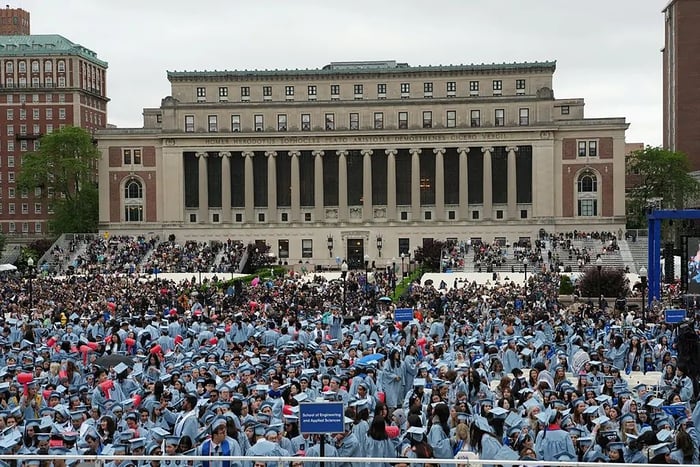
About 6,500 Chinese students studied at Columbia University last year. Photo: The New York Times
Many experts believe the new policy is aimed primarily at Chinese students. In addition to national security reasons, with the US wanting to prevent high-tech espionage activities, President Donald Trump's administration also accused some universities such as Harvard of "fostering extremist ideology and colluding with the Beijing government."
The mother of a Chinese student named Taylor, currently studying in Pennsylvania, was upset: "We did not send our child to be a spy like they said. That is insulting. We are just normal parents who want to give our child a better future."
Many parents say they are considering sending their children to Canada, the UK or Singapore, destinations seen as more friendly in the current political climate. Some Chinese families are choosing to send their children to school at home, as the country invests heavily in its higher education system.
Chinese universities are now competing head-to-head with those in “education powerhouses” like the US and the UK in global rankings. “It’s not that America is worse, it’s that America is no longer welcoming,” said Jason Wei, the father of a student recently denied a visa.
A zero-sum game
For the US, the consequences of this policy go beyond the deterioration of diplomatic relations. Tuition from Asian students is a significant source of revenue for universities, with tuition fees three times higher than those of domestic students at many public schools.
According to the Institute of International Education, international students contribute more than $50 billion to the US economy in 2023. Not only that, they are also a key research force in university laboratories.
Professor David Leopold, an expert on US immigration law, commented: "Suddenly cutting off this flow of human resources is a financial and intellectual shock. It is no different than the US destroying its global academic position with its own hands." Previously, President Donald Trump's administration had a legal confrontation with Harvard University.
Even those who traditionally support a tough policy toward China are beginning to wonder. Will it be effective, or will it only damage America's image as a great power with "open" and "tolerant" values?
Since his first term, President Donald Trump has implemented a number of measures to restrict international students on national security grounds, including the China Initiative, aimed at preventing academic espionage.
Although the program was canceled by President Joe Biden's administration because it was considered discriminatory, the current administration has continued on the same path, even more aggressively.
For Candy, a statistics student at the University of Michigan, her biggest fear isn't not being allowed to stay in the US, but being forced to drop out. "I'm only a sophomore. If I get sent back, all the hard work I've done in school will be for nothing," she said.
For Tony, 19, a freshman at the University of California, it all feels like a power play. “When the tariffs are over, they turn to us,” he said. “It seems like this administration sees international students as a bargaining chip.”
President Donald Trump may be strategizing ahead of the midterm elections, projecting a strong image to conservative voters. But the consequences for the United States could be severe, not only in terms of a loss of prestige but also in terms of the loss of a generation of intellectuals who chose the United States as their home.
In this context, Asian countries are taking advantage of the "reverse flow wave". Hong Kong University of Science and Technology (HKUST) said it has received many applications from students who would have gone to Harvard.
Hong Kong, Japan and Singapore have all announced expansion of enrollment, simplified transfer processes and scholarships for students affected by US policy.
Source: https://phunuvietnam.vn/canh-cua-du-hoc-my-dang-khep-lai-voi-sinh-vien-chau-a-20250606133802601.htm







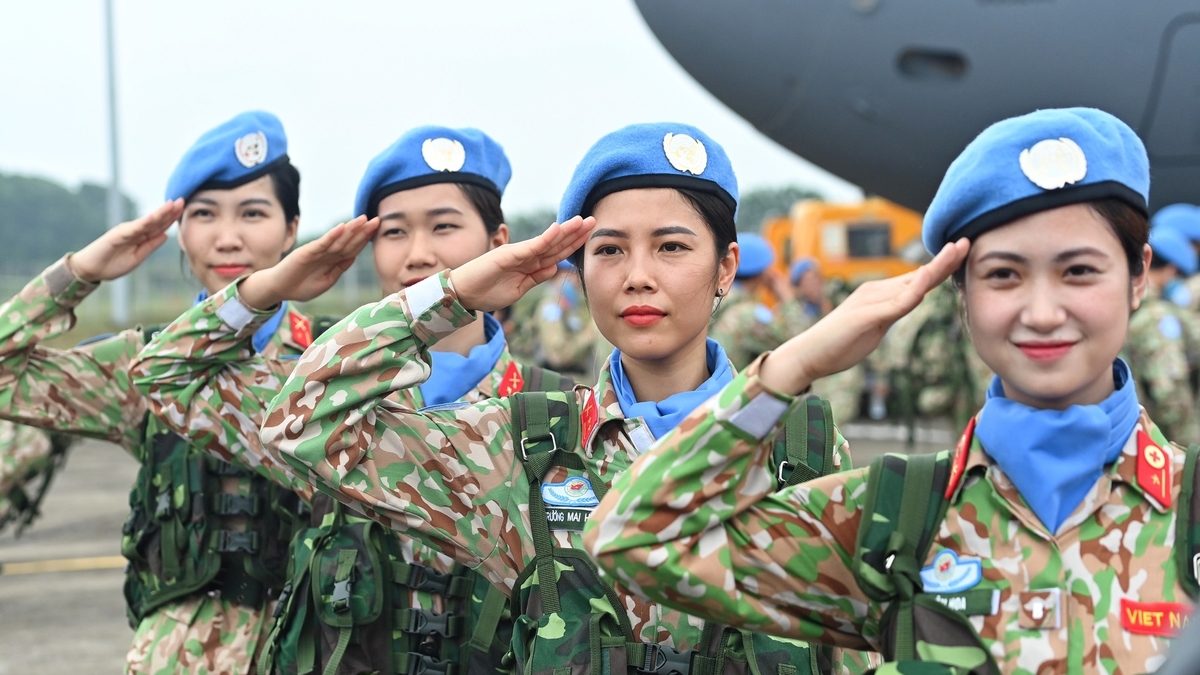
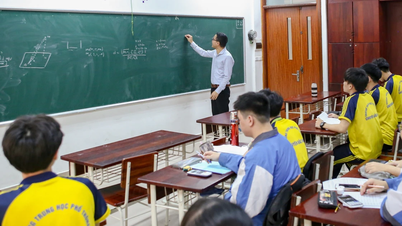



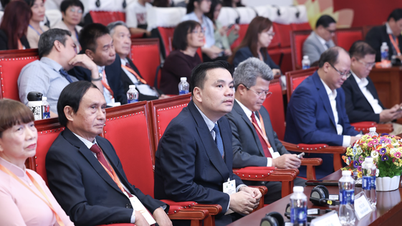

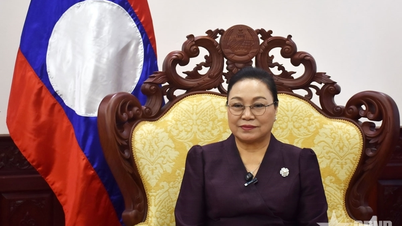


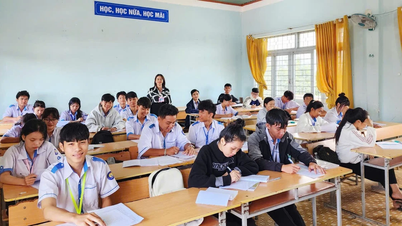











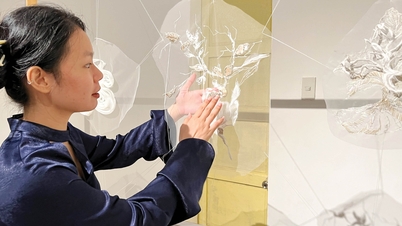

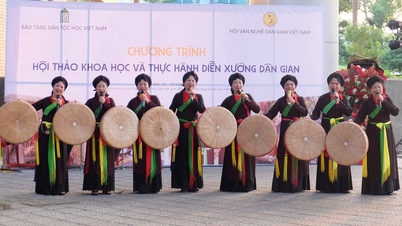



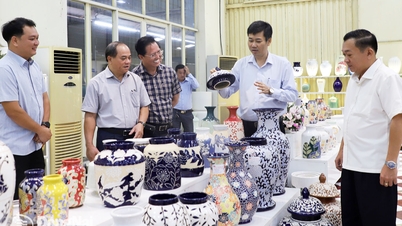







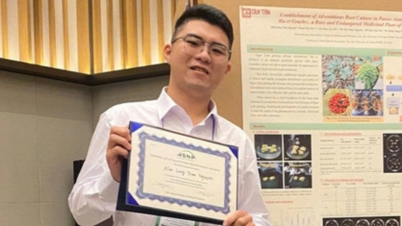



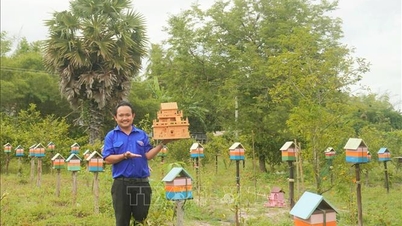

















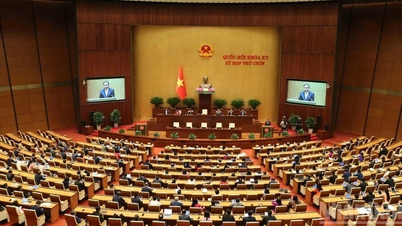
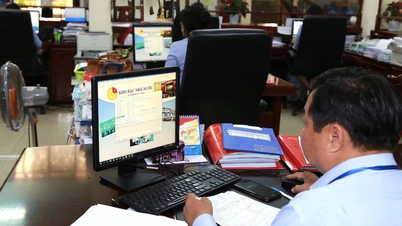
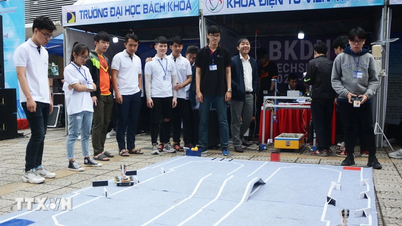

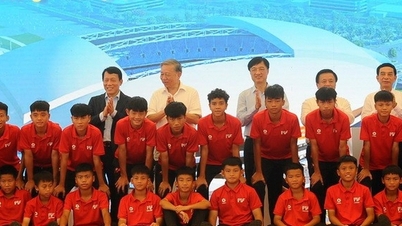




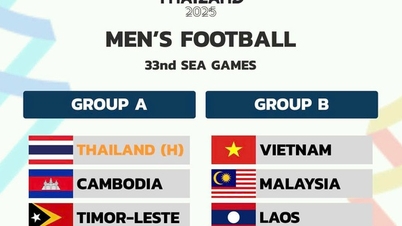

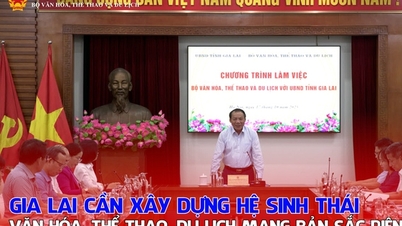
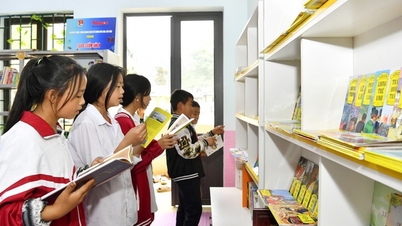

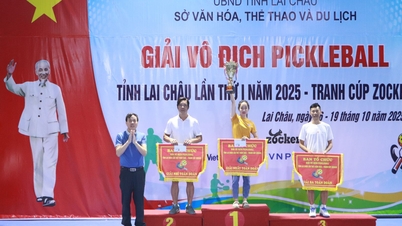
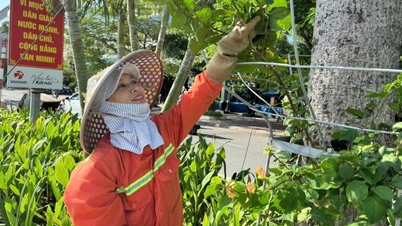



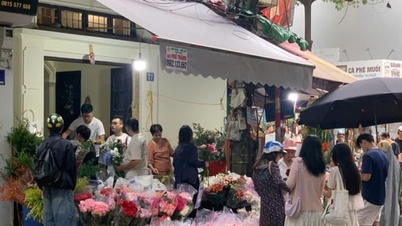

















Comment (0)